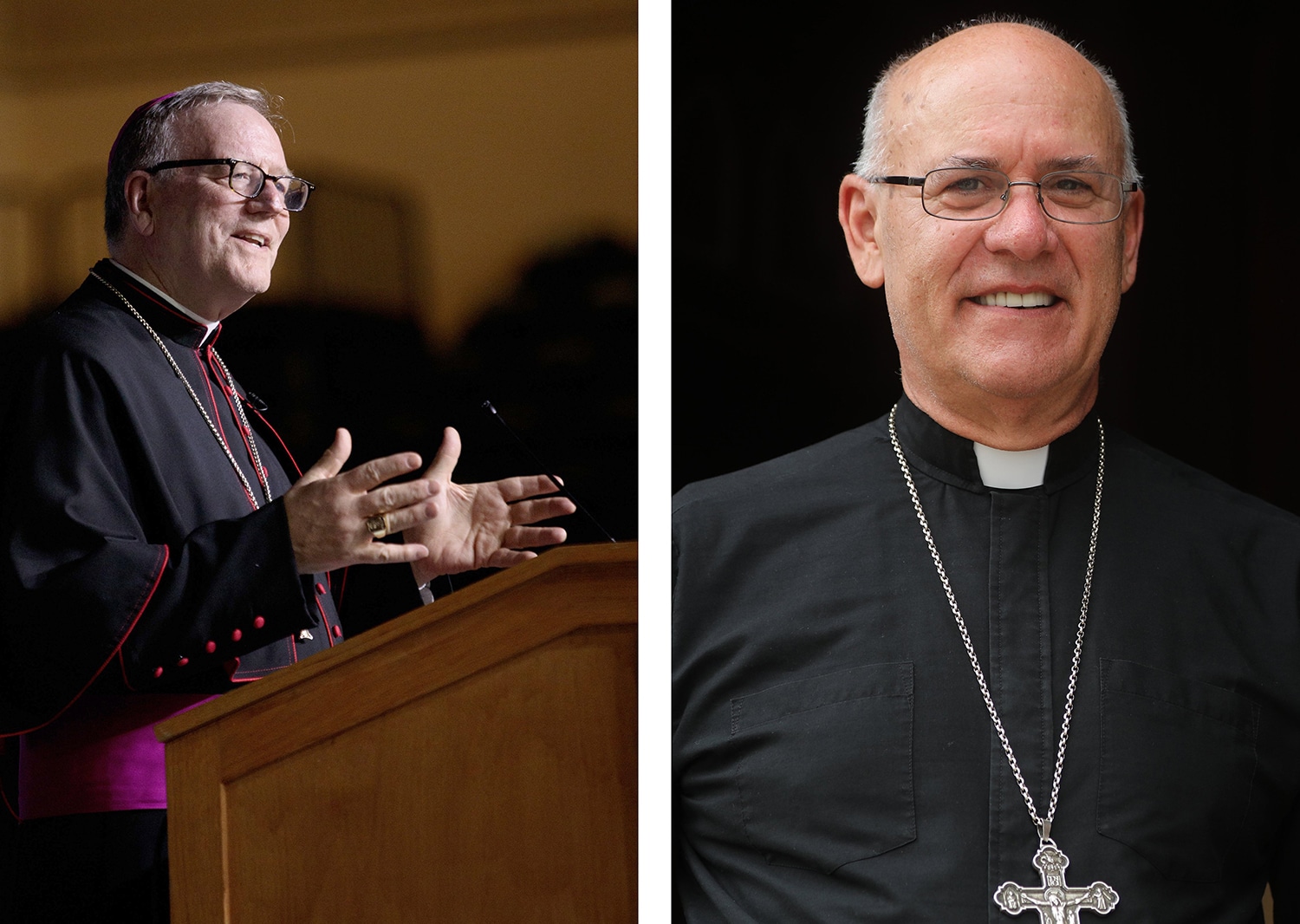“I have severe pain levels every day,” Roger Foley, 49, told anti-euthanasia activist Amanda Achtman. “I have to take medications or I can’t even function.”
Due to his severe medical condition, Foley depends on caretakers to assist him. He is no longer able to reside in his home. A Canadian citizen, he has relied on his country’s medical system. More than once, however, the same caretakers entrusted with caring for him have offered him physician-assisted suicide — that is, euthanasia.
“It’s completely traumatized me,” Foley said. “Now it’s this overlying option where, in my situation, when I say I’m suicidal, I’m met with, ‘Well, you know the hospital has a program to help you with that if you wanted to end your life.'”
The rise of physician-assisted suicide
Euthanasia was legalized in Canada in 2016 with the passing of Bill C-14. Under the medical assistance in dying (MAID) program, persons with “grievous and irremediable medical” conditions are legally able to end their lives.
When the law was first passed, it required the person seeking euthanasia to have a fatal or terminal condition. The law stated a person would be eligible when “natural death has become reasonably foreseeable.” Today, that requirement no longer holds. Safeguards have eroded. Roger Foley is feeling the consequences. And he’s not alone.
The first year after the law was enacted, 1,018 Canadians ended their lives under the new provisions of law, according to Health Canada. In 2022, that number increased to 13,241, more than 4% of all deaths in Canada that year. Since 2016, more than 45,000 Canadians have ended their lives through MAID. Experts anticipate that in 2024 another 18,000 Canadians will die through the program.
The polite euphemism “medical aid in dying” should be firmly and clearly labeled what it is: physician-assisted suicide.
Euthanasia is rapidly being normalized in Canada. This year, advocates hoped to include provision for mentally ill persons to be included in the program. As of this January, that provision has been pushed back to March 17, 2027 — not because people realized that it was wrong to kill persons suffering from a mental health crisis but because government officials predict that the national health care system will not be ready to handle the program’s expansion before then.
It is happening here
Why all of this talk about the situation in Canada? Because a similar expansion is coming to the United States. According to the pro-euthanasia organization Death with Dignity, 14,280 prescriptions for drugs intended to cause death have been issued in the U.S. since 1998. And while aggregating the data from individual states is complicated, the trend is clear: Euthanasia is expanding in the United States. In California alone, in 2022, 1,270 prescriptions were reported, resulting in 853 deaths.
So what are we to do? First, we have to resist the way language is changing around this movement. The polite euphemism “medical aid in dying” should be firmly and clearly labeled what it is: physician-assisted suicide. We are talking about medical experts enabling — sometimes even encouraging — people to terminate their own lives. Understated and indirect language hides what’s really at stake, which is voluntary medicalized killing.
The recent declaration Dignitas Infinita (“Infinite Dignity”), issued by the Dicastery for the Doctrine of the Faith, makes this point about the danger hidden in the subtleties of language. The document warns in particular against the phrase “death with dignity,” reminding the Church that “It must be strongly reiterated that suffering does not cause the sick to lose their dignity, which is intrinsically and inalienably their own.”
Second, we have to give people reasons to live. Pope Francis has tirelessly advocated throughout his papacy for the vulnerable, particularly the disabled and elderly, assuring them of their dignity. “How many times are the elderly discarded with an attitude of abandonment, which is actually real and hidden euthanasia!” the pope recently said. “We are all called to oppose this poisonous, throw away culture!” Convincing those nearest us that their lives are meaningful, and that they are loved, is the front line of this battle against euthanasia.
“There is not going to be a second in the rest of my life that I’m not going to have flashbacks to it,” Foley said, recalling the suggestion that he should simply end his life. No one should ever be told that they are a waste of resources. It should never be suggested to anyone that they’d be better off dead. Only opposing physician-assisted suicide in the clearest and most unambiguous terms will sufficiently aid the least among us.







